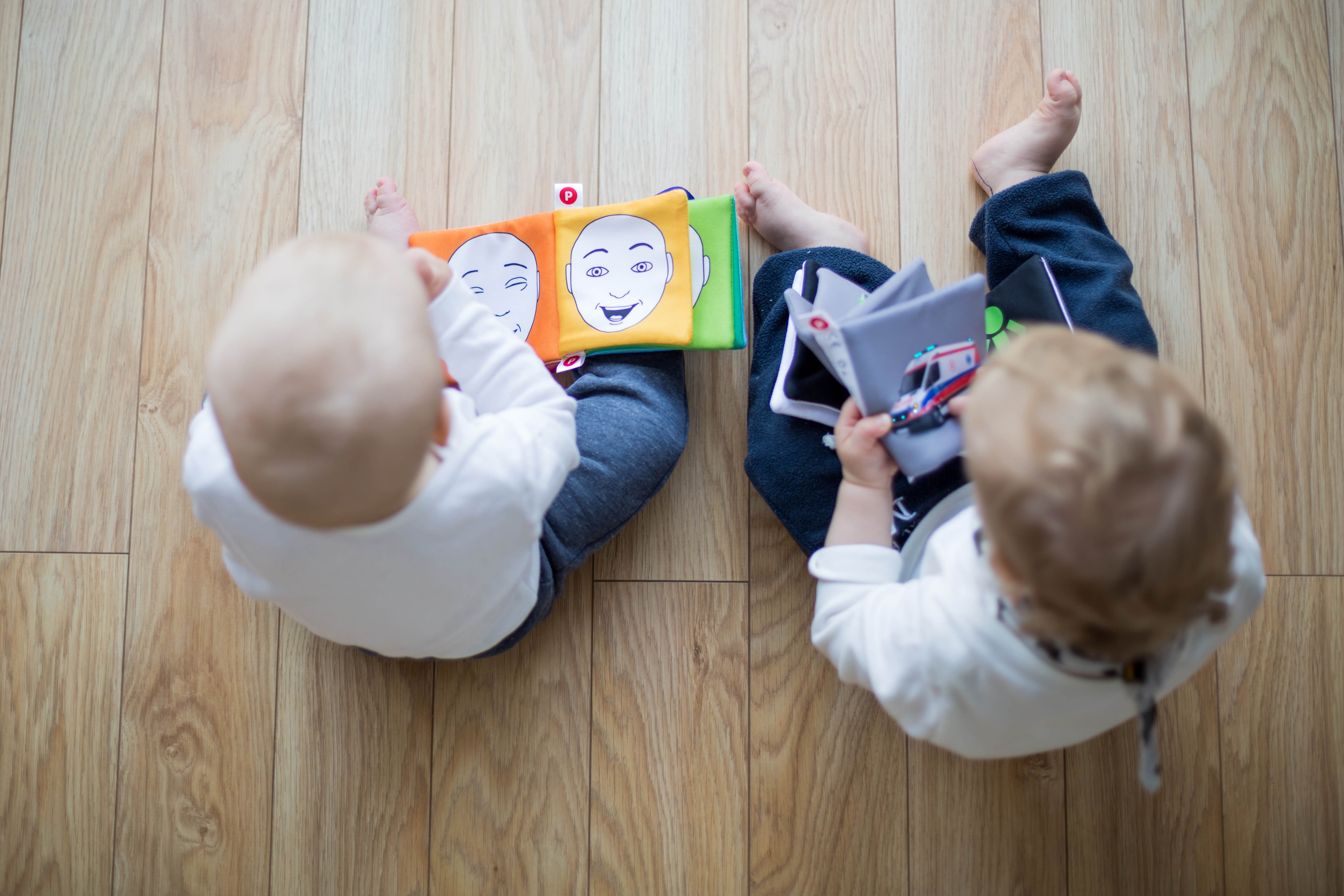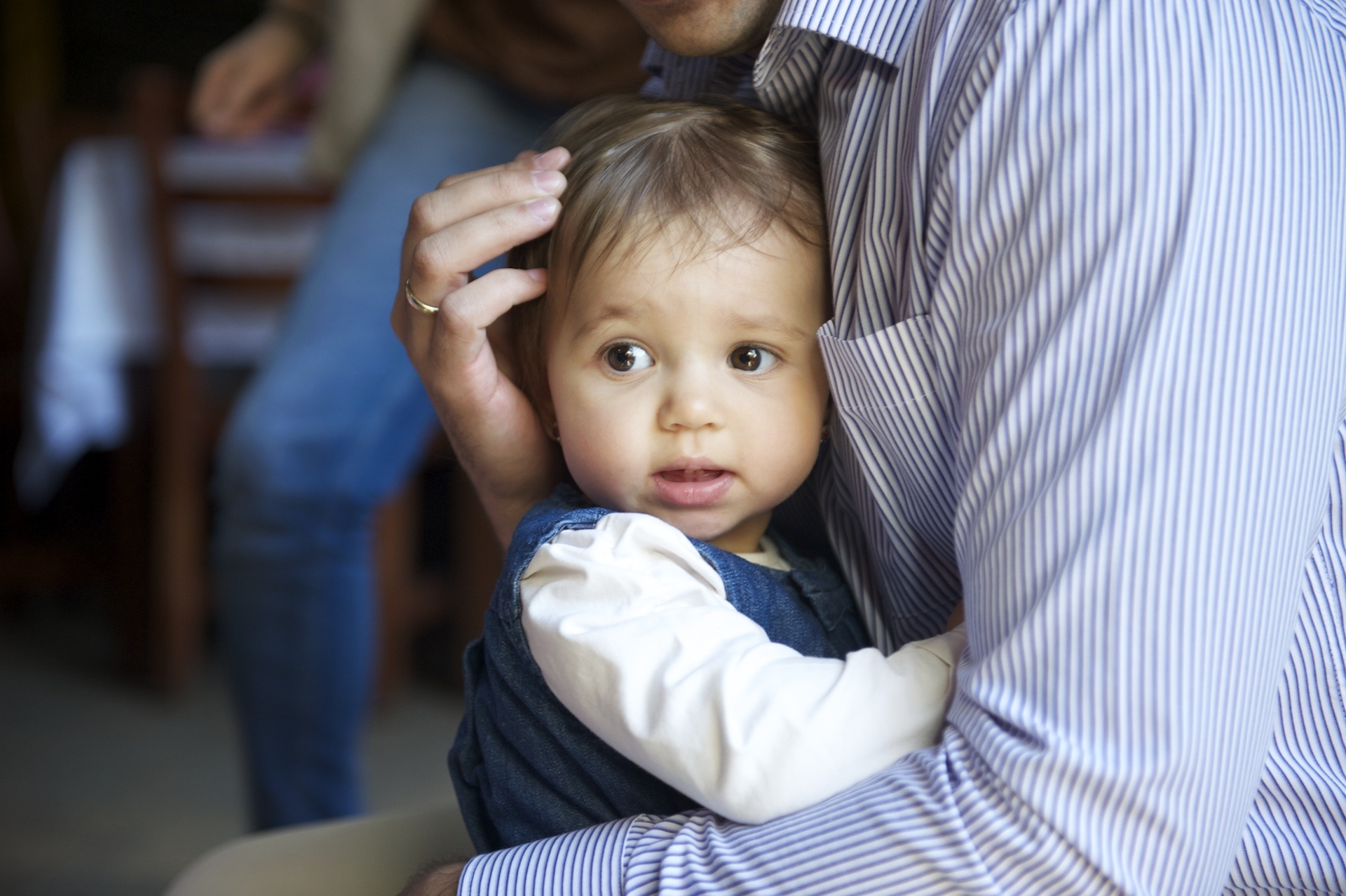 A child’s ability to manage feelings, understand the feelings of others, and interact positively with others can affect all areas of his or her life. Research shows that children with good mental health are happier, motivated, interested in learning, and develop healthy relationships with their peers and adults. A child’s ability to develop strong social-emotional skills determines how well he or she will handle stressful situations during adulthood. Use the following tips to support children in identifying and managing feelings.
A child’s ability to manage feelings, understand the feelings of others, and interact positively with others can affect all areas of his or her life. Research shows that children with good mental health are happier, motivated, interested in learning, and develop healthy relationships with their peers and adults. A child’s ability to develop strong social-emotional skills determines how well he or she will handle stressful situations during adulthood. Use the following tips to support children in identifying and managing feelings.
Identify feelings. Label the feelings children are experiencing, reflecting that you understand those feelings. For children three years and younger, you might say, “I can tell you are angry and disappointed that we have to go. I know you want to stay, but it’s time for us to leave now.” Challenge older children to express the emotion appropriately. For example, say, “I understand you’re angry because Sam knocked over your tower, but it’s not okay to throw things. Use your words to tell Sam how that made you feel.”

Reinforce empathy. When children recognize feelings in someone else, talk about ways to help that person. For example, if a toddler says “Baby crying?” while viewing a picture in a storybook, say, “Yes, the baby is sad because…” Ask older children what might help the baby feel better. Be sure to acknowledge positive emotions as well and talk about activities and actions that promote well-being.
Model appropriate emotional responses. Children can sense the emotions of the adults around them, and they naturally watch and listen to how adults handle those feelings. By maintaining emotional control yourself, you are showing children that one person’s emotions do not have to upset another’s. Talk about the emotions you are feeling and why you are feeling that way, offering just enough detail to satisfy children’s curiosity and ease their worries.
Provide opportunities for children to work through their emotions through play and movement. Offer puppets, playdough, and art materials. Children can express feelings using the materials. Such symbolic play can help children make sense of their emotions. Physical activity and space to run, jump, and move freely may be just what children need to release energy and feel good.

Expect setbacks occasionally. Children who have previously demonstrated appropriate emotional responses may have setbacks. Many factors can affect children’s ability to manage emotions. Some are temporary (a new situation, not feeling well, being tired, etc.), while others are more fixed (temperament, level of development, cultural influences, etc.). Be available to provide support as needed. Listening or giving a hug may be all the help children require.
Keep in mind… Toddler and preschool years are emotionally challenging times. Children are stuck between the dependence of infancy and independence of the school-age years. Occasional temper tantrums are developmentally normal for children between the ages of two and six. As emotional control develops, children will be better able to control their behavior and will experience less frustration.
Finally… Remember to reflect on children’s pleasant emotions as well. An optimistic outlook makes challenges easier to deal with when they do arise.
For additional resources about fostering children’s social-emotional growth, visit: 
Back to blog listing